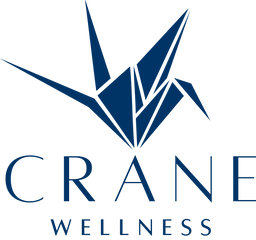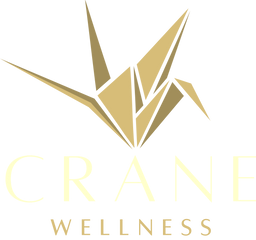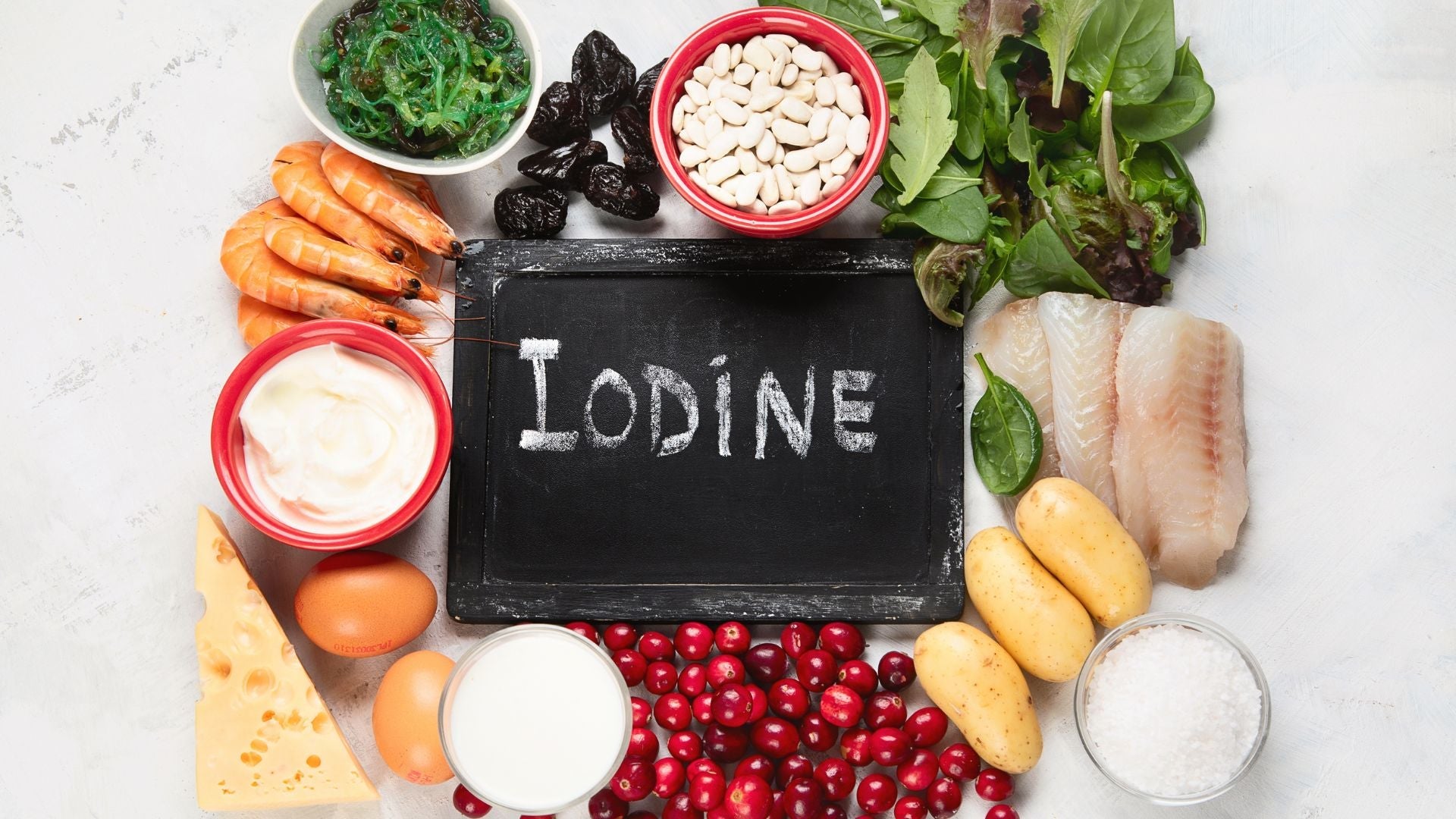When it comes to overall health, iodine might not be the first nutrient you think about—but it plays a vital role in everything from energy levels to hormonal balance. Unfortunately, iodine deficiency is becoming increasingly common, especially in the U.S., where dietary changes have reduced natural iodine intake. Are you old enough to remember when all the salt was labeled as "iodized"? Now you see Himalayan salt and other options that are no longer iodized, adding to this common issue. In this blog, we’ll explore why iodine matters, how to identify potential deficiencies, the best natural food sources, and how Crane Wellness' Pure Oceanic Root Iodine can help fill nutritional gaps in a clean and effective way.
🧠 Why Iodine Is So Important
Iodine is an essential trace mineral primarily used by the thyroid gland to produce hormones. These hormones help regulate:
-
Metabolism
-
Body temperature
-
Heart rate
-
Cognitive development
-
Hormonal balance
-
Energy levels
Without enough iodine, the thyroid can’t function properly, which may lead to fatigue, weight gain, hormonal imbalances, and even mental fog. In pregnant individuals, iodine is especially crucial for fetal brain development.
📉 Iodine Deficiency in the U.S.: A Growing Concern
While iodine deficiency used to be rare in the United States thanks to iodized salt, modern trends such as low-sodium diets, plant-based eating, and processed foods have led to a gradual decline in iodine intake.
According to data from the Centers for Disease Control and Prevention (CDC):
Nearly 30% of adults in the U.S. may have insufficient iodine levels, and the risk is even higher for pregnant women and individuals avoiding dairy or seafood.
That’s why it’s so important to pay attention to how much iodine you're getting—not just from supplements, but from your diet.
🔍 Signs and Symptoms of Iodine Deficiency

If you’re not getting enough iodine, your body may start to send signals. Some common symptoms of deficiency include:
-
Fatigue and low energy
-
Weight gain or difficulty losing weight
-
Hair thinning or hair loss
-
Dry skin
-
Sensitivity to cold
-
Brain fog or trouble concentrating
-
Hormonal imbalance (including irregular menstrual cycles or fertility issues)
-
Swelling in the neck (enlarged thyroid or goiter)
If you're experiencing these symptoms, it’s a good idea to ask your doctor for a thyroid panel and iodine level test. Simple blood or urine tests can help assess whether a deficiency is present.
🌿 Top Natural Food Sources of Iodine

Fortunately, there are several ways to get iodine naturally through whole foods. Here are some of the best iodine-rich options:
1. Seaweed (Kelp, Nori, Wakame, Mekabu)
These ocean vegetables are among the richest natural sources of iodine. For example, kelp can contain up to 2,000 mcg of iodine per gram, though levels vary based on the species and harvesting location.
2. Iodized Salt
This is the most common source of iodine in the American diet, but as mentioned earlier, many sea salts and gourmet salts are no longer iodized, so it’s important to check your labels.
3. Dairy Products
Milk, yogurt, and cheese contain iodine, mainly because iodine is added to cattle feed and sanitizing agents in the dairy process. However, plant-based eaters often miss out here.
4. Eggs
Eggs provide a moderate amount of iodine, particularly in the yolks.
5. Fish and Shellfish
Cod, tuna, shrimp, and other seafood are excellent sources. One 3-ounce serving of cod provides roughly 100 mcg of iodine.
6. Cranberries
While not very high in iodine, cranberries contain some and offer antioxidant support as well.
💊 Supplementing with Crane’s Pure Oceanic Root Iodine
If you don’t regularly eat seaweed, seafood, or dairy—or you're simply unsure about your iodine intake—adding a high-quality iodine supplement is one of the easiest ways to support your health.
Crane Wellness' Pure Oceanic Root Iodine is a clean, natural option made from regeneratively harvested Japanese kelp. Each small, easy-to-swallow tablet contains:
-
300 mcg of iodine (100% of the recommended daily value)
-
Magnesium – supports energy, bone, and muscle function
-
Fucoidan – a powerful antioxidant compound found in kelp, linked to immune and cellular health
This formula is designed to support:
-
Thyroid function and hormone production
-
Immune response
-
Metabolism and energy
-
Cognitive clarity
It’s also 100% vegan, free from synthetic additives, and manufactured to exacting standards.
📅 How Much Iodine Do You Really Need?
The Recommended Daily Allowance (RDA) for iodine is:
-
150 mcg/day for adults
-
220 mcg/day during pregnancy
-
290 mcg/day during breastfeeding
Crane’s Pure Oceanic Root Iodine provides 300 mcg per tablet—enough to meet your needs without risking excessive intake, especially if your diet is already low in iodine.
🩺 Be Proactive: Test and Monitor
Everyone is different, and too much iodine can also be harmful in rare cases. That’s why it’s important to talk to your doctor if you suspect an imbalance—especially if you’ve been experiencing fatigue, weight changes, or hormonal symptoms.
🌱 Final Thoughts: Why It Matters
Whether you're plant-based, limiting salt, or just trying to improve your wellness routine, iodine is a small nutrient that plays a big role in how you feel day to day.
By focusing on iodine-rich foods and smart supplementation like Crane’s Pure Oceanic Root Iodine, you can take meaningful steps to support your thyroid, metabolism, and hormonal health—naturally and consistently.







